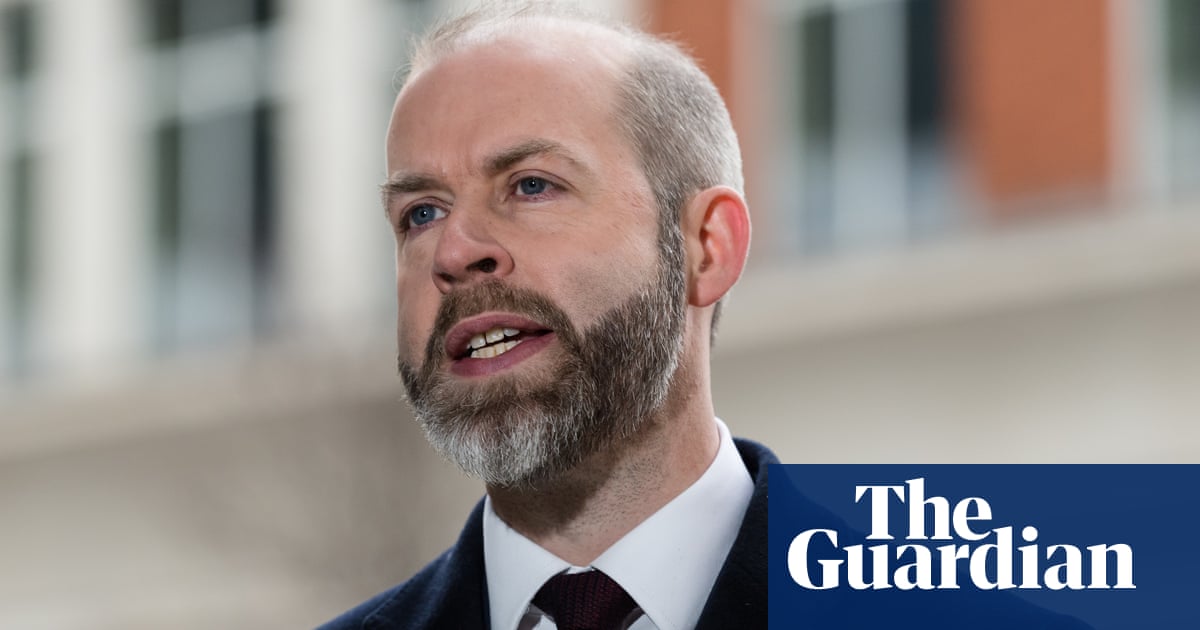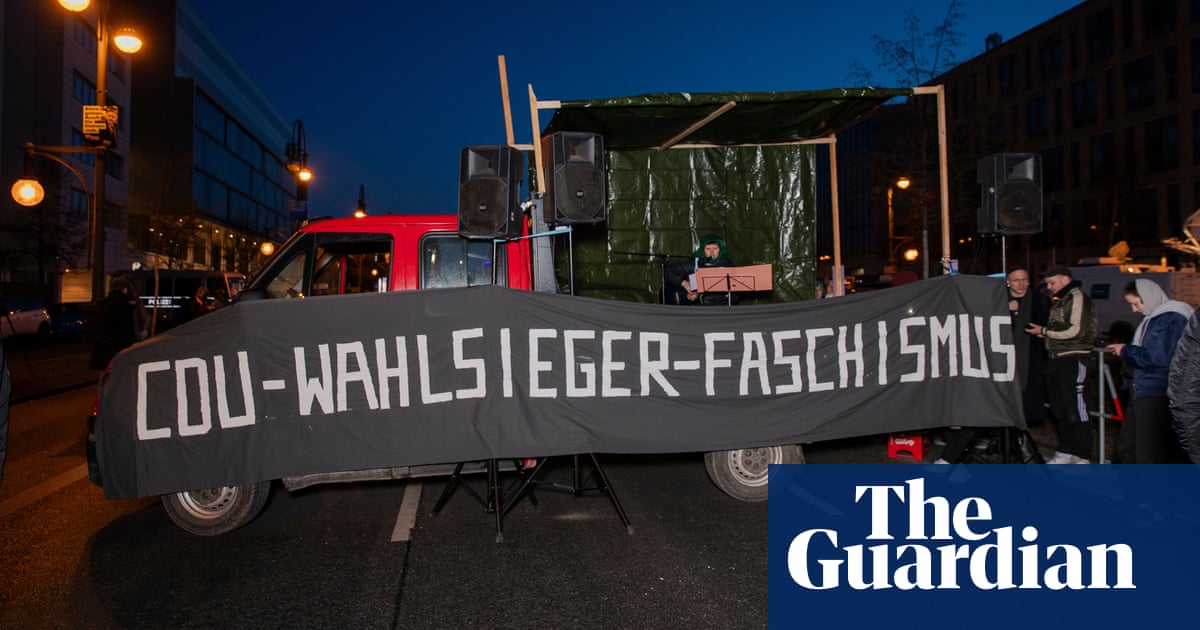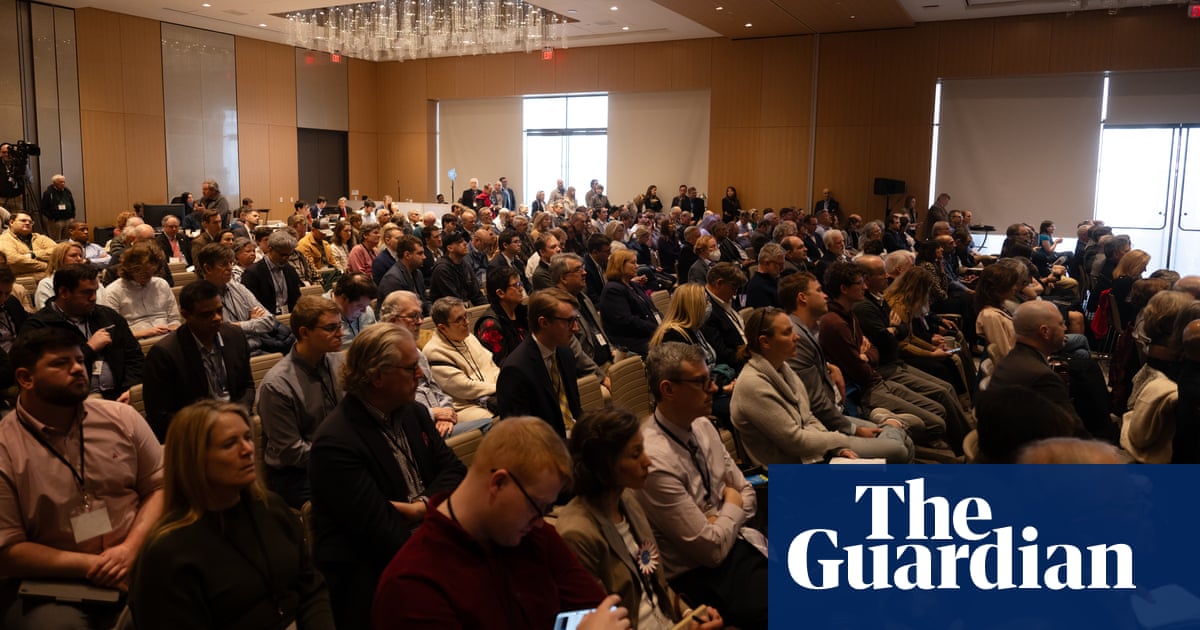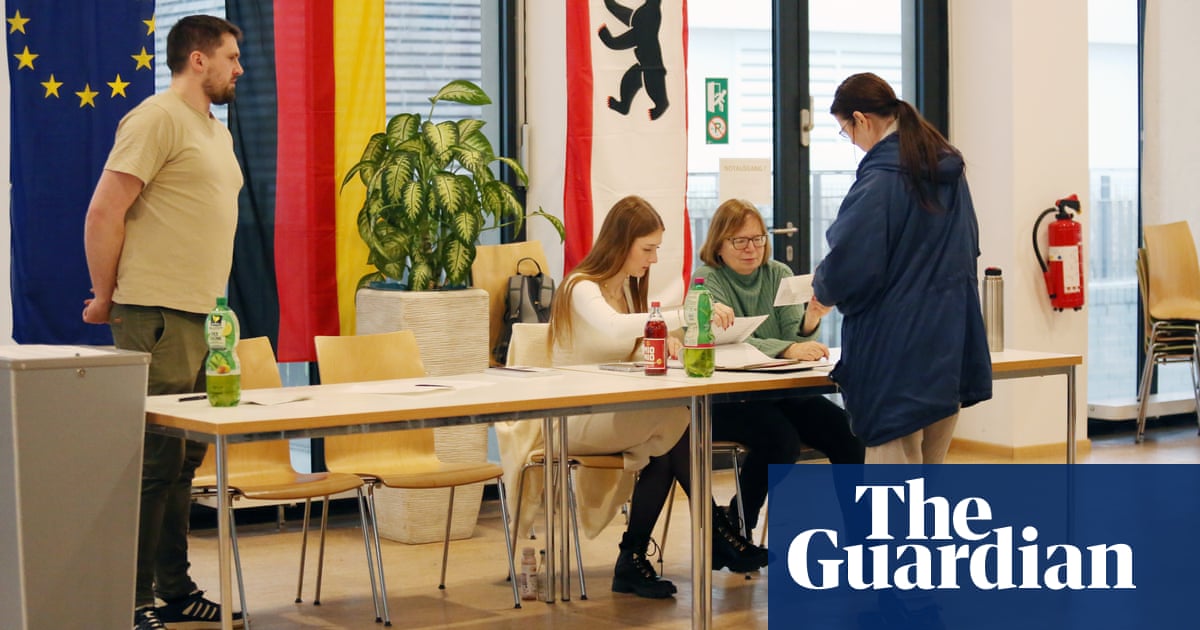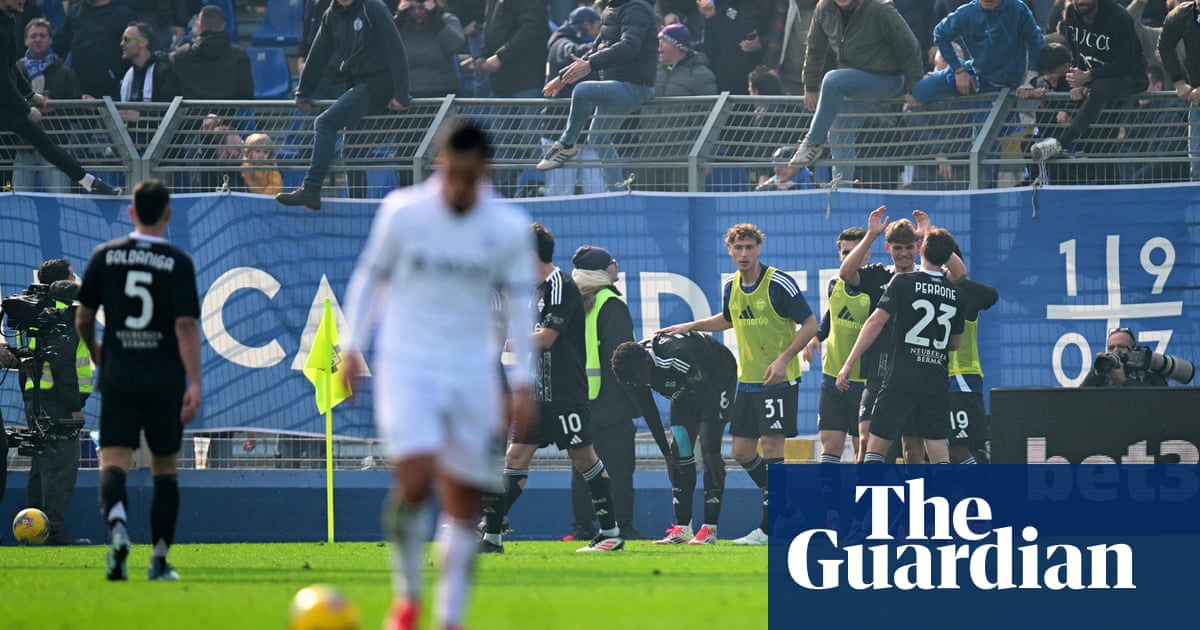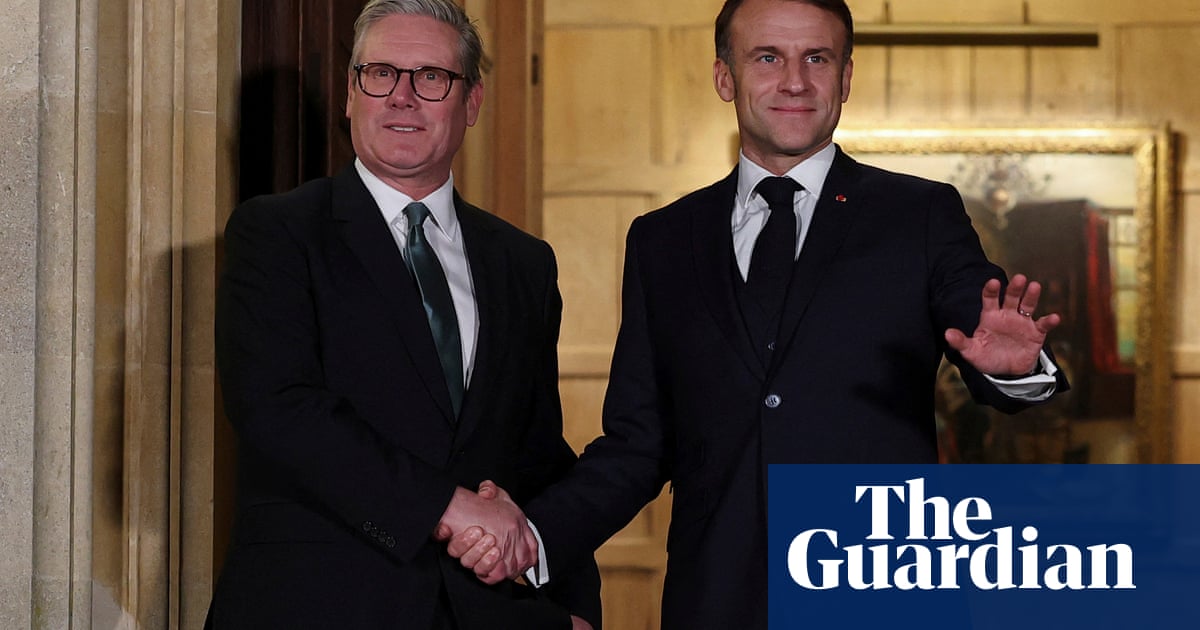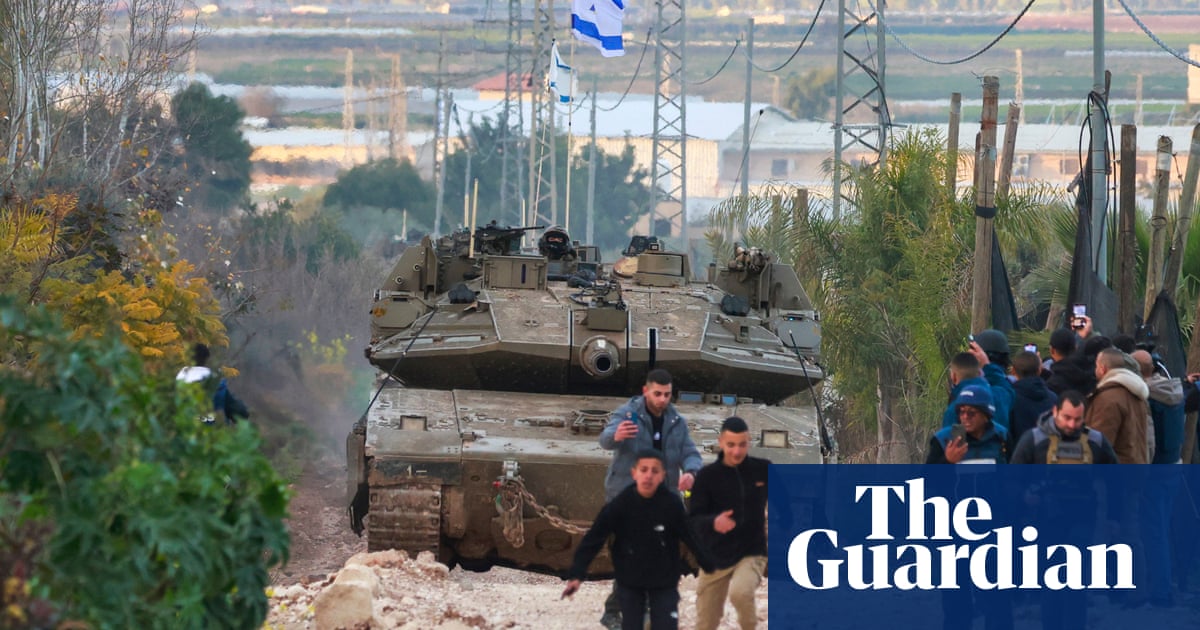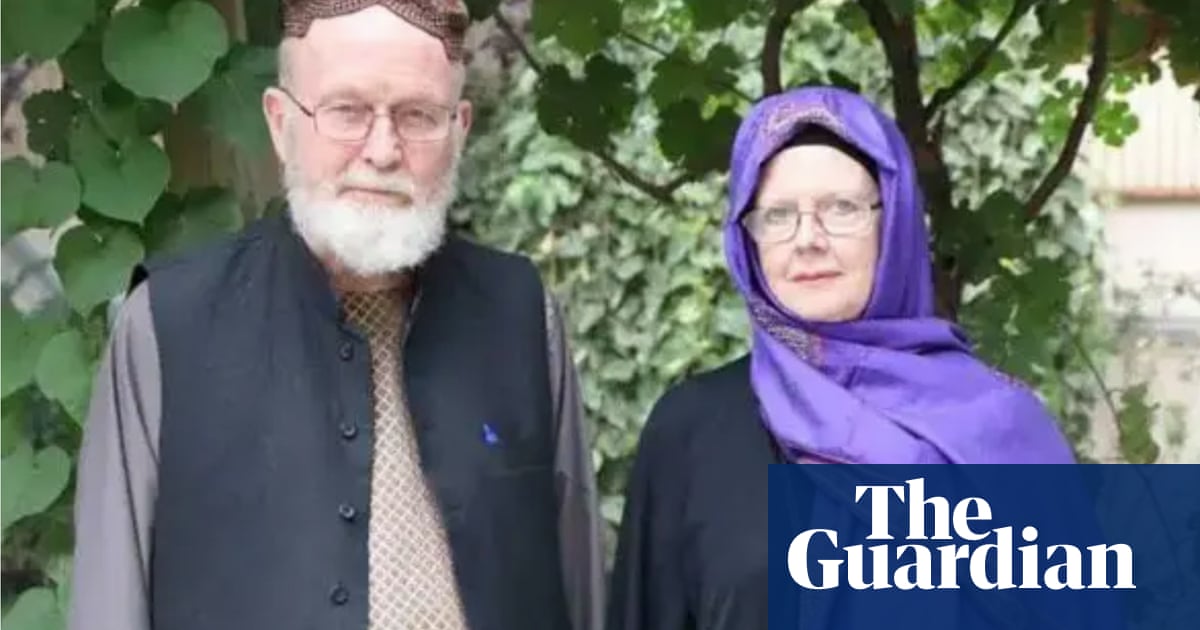Iran is holdings talks in Geneva with Britain, France, Germany and the EU in an attempt to find a way out of an impasse over its nuclear programme, in what may be the last chance of a breakthrough before Donald Trump takes up the US presidency again.
Trump, who pursued a policy of “maximum economic pressure” against Iran during his first term, returns to the White House on 20 January.
On the eve of the talks, Kazem Gharibabadi, an Iranian minister, ratcheted up tensions by saying the EU “should abandon its self-centred and irresponsible behaviour” on a range of issues including the war in Ukraine and the Iranian nuclear issue.
Europeans have become increasingly frustrated with Iran’s approach, including its provision of arms for Russia’s war in Ukraine and its lack of cooperation with the UN nuclear inspectorate, the International Atomic Energy Agency (IAEA). Some Europeans fear that Iran’s growing stockpile of highly enriched uranium reveals it is on a covert path to building a nuclear bomb.
Iran believes Europe rebuffed a clear signal of willingness to negotiate when Tehran offered to cap its uranium enrichment programme at 60% and to allow experienced IAEA nuclear inspectors back into Iran.
Speaking in Paris on Friday alongside his British counterpart, Richard Moore, the French foreign intelligence chief, Nicolas Lerner, said the risk of an Iranian nuclear proliferation was expected to be the most “critical threat” in coming months. Moore said the Iranian regime’s nuclear ambitions “continue to threaten all of us” despite the series of blows dealt in recent months to Tehran’s allied militias across the Middle East.
The aim of the Geneva meeting is to see if there is a basis for the Iranian offer to be developed, as well as to seek limits to Iranian-Russian military cooperation. In return, the EU could try to lift some economic sanctions, but the timetable is short before Trump takes power.
Iran insists it has not provided any ballistic missiles to Russia, an assurance that the US does not accept.
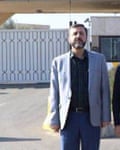
In a pre-meeting between Gharibabadi and the EU’s chief negotiator, Enrique Mora, little common ground was found, judging by the accounts of the exchanges issued by both sides.
Gharibabadi, Iran’s deputy foreign minister for legal and international affairs, wrote on X: “Europe should not project its own problems and mistakes onto others, including with regard to the conflict in Ukraine. With their complicit behaviour towards the ongoing genocide in Gaza, Europe – specifically the three major countries – lack any moral ground to preach others on human rights.
“With regard to the nuclear issue of Iran, Europe has failed to be a serious player due to lack of self-confidence and responsibility.”
Mora issued a shorter statement on social media, saying the two sides had frank exchanges. He added: “Iran’s military support to Russia that has to stop, the nuclear issue that needs a diplomatic solution, regional tensions (important to avoid further escalation from all sides) and human rights.”
after newsletter promotion
The distrust between the two sides was made evident when the E3 countries on 21 November pushed ahead with a motion ordering the nuclear inspectorate to prepare a “comprehensive” report on Iran’s nuclear activities – the stepping stone necessary for European countries next autumn to snap back the UN sanctions that were imposed on Iran before it signed the 2015 nuclear deal.
The UN nuclear agency has confirmed that Iran plans to install about 6,000 new centrifuges to enrich uranium, according to a report seen by AFP on Friday. “Iran informed the agency that it intended to feed” about 6,000 centrifuges at its sites in Fordo and Natanz to enrich uranium to up to 5%, higher than the 3.67% limit Tehran had agreed to in 2015.

Seyed Abbas Araghchi, Iran’s foreign minister, said this week that the aim of the meeting was to find out whether the EU wanted cooperation or confrontation. He said that any snapback of UN sanctions was likely to lead to a change in the debate inside Iran about its possession of nuclear weapons.
Iran has a fatwa in place opposing its possession of nuclear weapons, and the country insists its nuclear programme is only for civil purposes.
Araghchi feels frustrated that Europe did not take a clearer independent approach after Trump pulled the US out of the nuclear deal in 2018, undercutting reformists inside Iran who said cooperation with the west over its nuclear programme would lead to a lifting of economic sanctions.
Araghchi says Europe has done little to seek compromise since the election in the summer of the reformist president, Masoud Pezeshkian, who is committed to lifting sanctions by offering a more balanced policy between east and west.

 2 months ago
47
2 months ago
47
